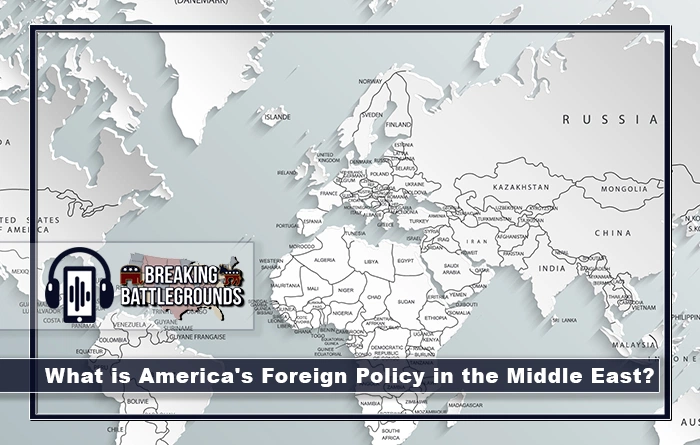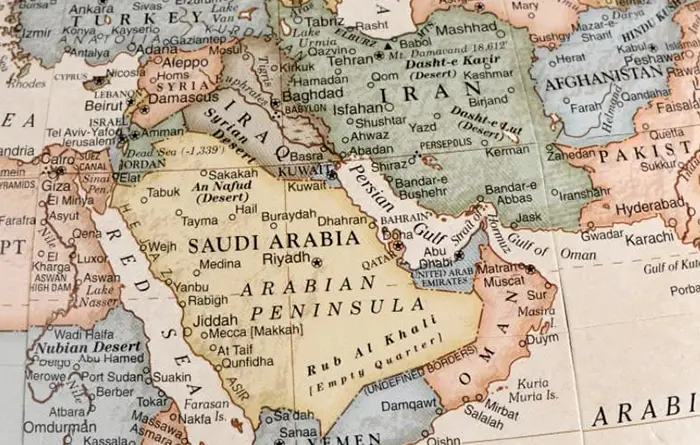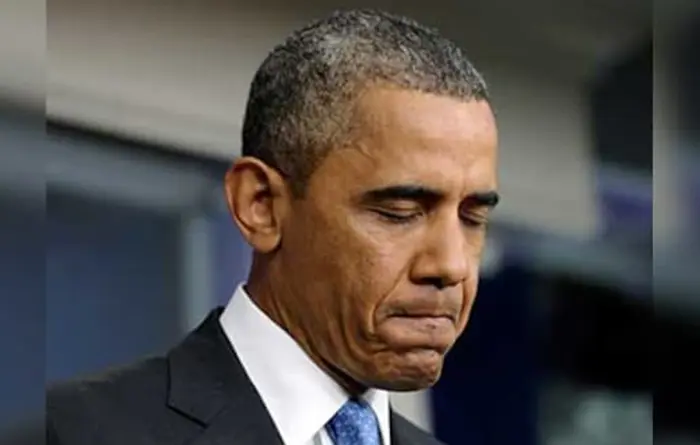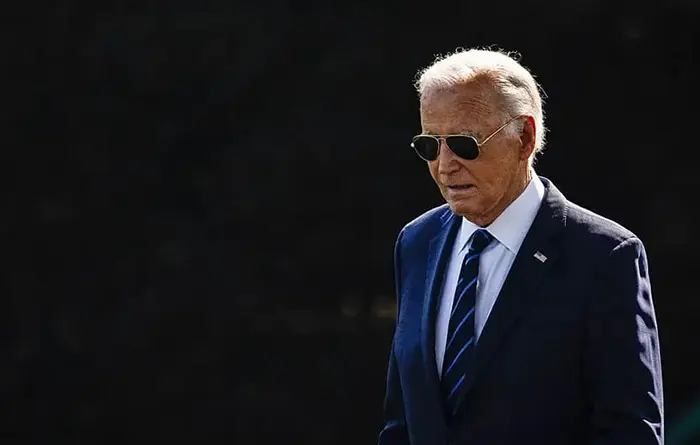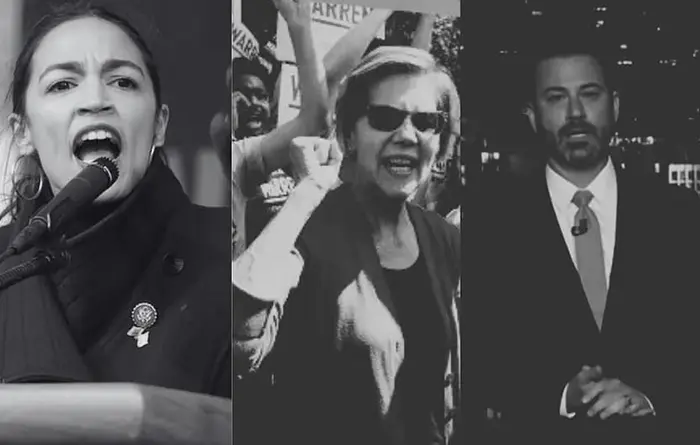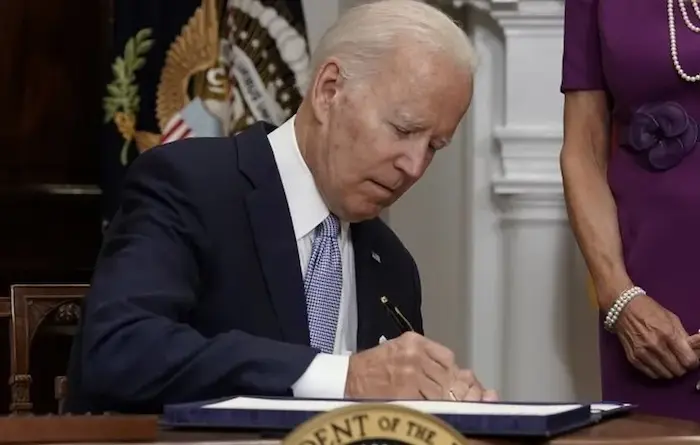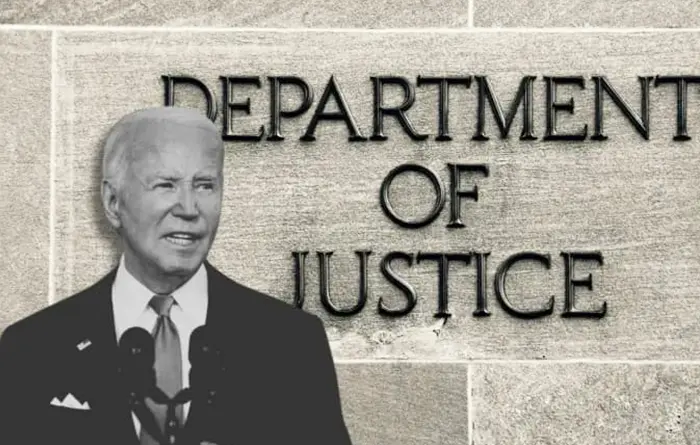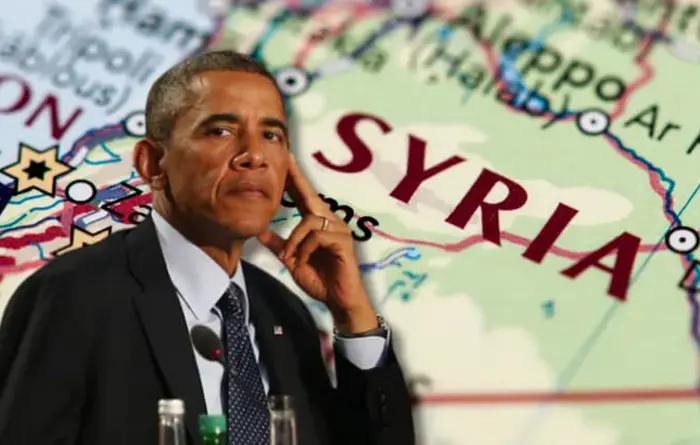Tune into this week’s episode to hear Shay Khatiri explore critical decisions in American foreign policy in the Middle East. He discusses the implications of involvement versus withdrawal and highlights how vital trade choke points like the Dardanelles, the Persian Gulf, and the Red Sea are at risk of falling under rival powers like China. Don’t miss this insightful analysis of the strategic and economic stakes for the future of America.
Listen at 27 minutes and 5 seconds
SHAY KHATIRI: Americans need to make a decision. What is our Middle East policy?
Are we going to be involved and fund our Middle East policy accordingly?
or withdraw and let the consequences unravel? Which are not going to be favorable, but at least we are going to be consistent.
CHUCK WARREN: We’ve got one minute left here. Just tell our audience quickly, what are some of the consequences if we just ignore the Middle East?
Just say, it’s your problem, it’s not ours. We have enough oil here, we don’t care anymore.
SHAY KHATIRI: So, two of the most, three of the most important trade choke points are in that region.
One is the Dardanelles, which connects the Black Sea to the Mediterranean to free waters.
One is the Persian Gulf, which much of the, and straight up foremost, which much of the global oil comes from and gas.
and the third one is the Red Sea.
And if we give these up, and the Chinese have made it very clear that they want to have control over these choke points.
If we give them up, it means that strategically, we cannot pass through them for military supplements.
And for trade, we’re at the mercy of China.
Listen to the full discussion with Shay Khatari
About our guest
Shay Khatiri is the VP of development and a senior fellow at Yorktown Institute. An immigrant from Iran, he is an alumnus of Arizona State University and the Strategic Studies Department at Johns Hopkins University, School of Advanced International Studies. He publishes the Substack newsletter,The Russia–Iran File.

